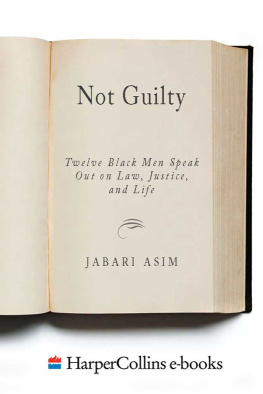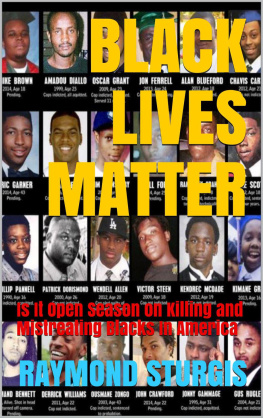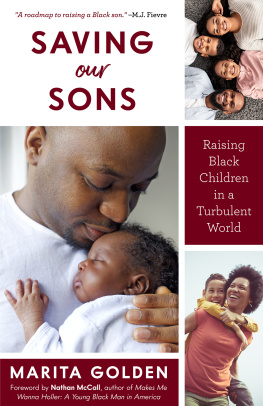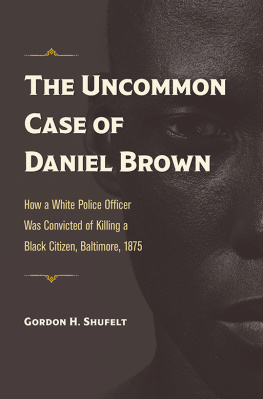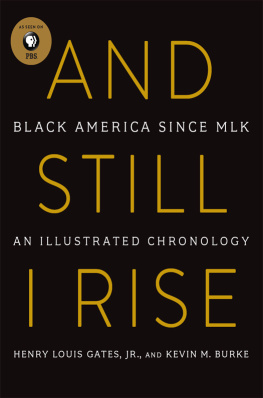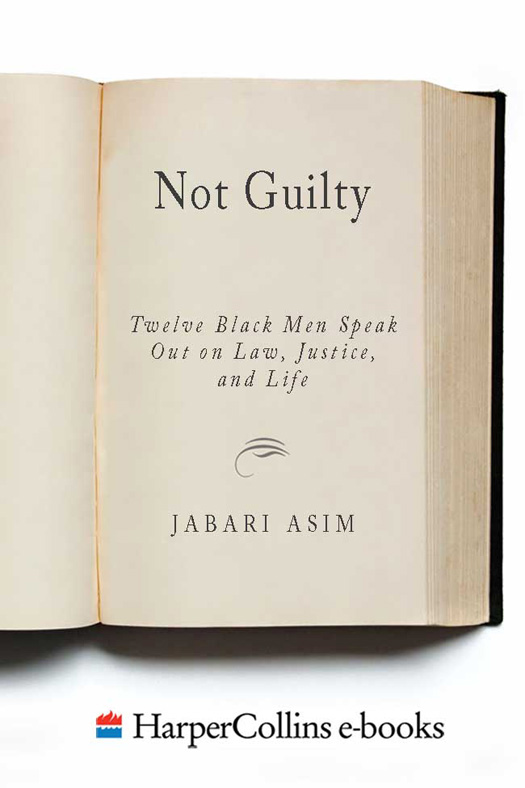


A hardcover edition of this book was published in 2001 by Amistad, an imprint of HarperCollins Publishers.
NOT GUILTY. Copyright 2001 by Jabari Asim. All rights reserved under International and Pan-American Copyright Conventions. By payment of the required fees, you have been granted the nonexclusive, nontransferable right to access and read the text of this e-book on-screen. No part of this text may be reproduced, transmitted, downloaded, decompiled, reverse-engineered, or stored in or introduced into any information storage and retrieval system, in any form or by any means, whether electronic or mechanical, now known or hereinafter invented, without the express written permission of HarperCollins e-books.
Justice reprinted from The Collected Poems of Langston Hughes by Langston Hughes, copyright 1994 by The Estate of Langston Hughes. Used by permission of Alfred A. Knopf, a division of Random House, Inc.
FIRST AMISTAD PAPERBACK EDITION PUBLISHED 2002
The Library of Congress has catalogued the hardcover edition as follows: Not guilty : twelve Black men speak out on law, justice, and life / edited by Jabari Asim.
p. cm.
ISBN 0-06-018538-4
EPub Edition SEPTEMBER 2013 ISBN 9780062038074
1. Discrimination in criminal justice administration
United States. 2. Discrimination in justice administration
United States. 3. Discrimination in law enforcement
United States. 4. RacismUnited States. 5. United StatesRace relations. I. Asim, Jabari.
HV9950 N67 2001
364.08996073dc21 2001022779
ISBN 0-06-095997-5 (pbk.)
EPub Edition September 2013 ISBN 9780062038074
02 03 04 05 06 WBC/RRD 10 9 8 7 6 5 4 3 2 1


For Liana, who has always believed


Heartfelt gratitude to all of the following: My parents; my siblings; my wife and children; my colleagues at the Washington Post, especially Marie Arana, Jonathan Yardley, Michael Dirda, Kunio Francis Tanabe, Nina King, David Nicholson, Jennifer Howard, Dennis Drabelle, Brian Jacomb, Chris Lehmann, Mary Morris, Christopher Schoppa, Ednamae Sorti, Jay Fernandez, Carolyn Ruff Spellman, Lonnae ONeal Parker, and Marcia Davis; Valerie Boyd; Ira B. Jones; Vaness Sgambati; Andrea M. Wren; Sylvester Brown Jr.; Victoria Anton; Samuel G. Freedman; the Black House Brothers: Mark Arnett, Mark Scott, Phil Neely, Leon Rallings, and Ayton Taylor; Jamel Richardson and Tracey Tisdale-Richardson; Carman Savage and family; James and Elsie Richardson; Kevin Powell; Fred McKissack Jr.; Afi Afuru; Eugene B. Redmond; Shirley LeFlore; my teachers, Betty Hayden, Harriette Hamilton, Gloria Griffero, Ernestine McKellar, the late Dorothy Greiwe, Njoki McElroy, Gayle Pemberton, the late Leon Forrest, the late Ulysses Duke Jenkins; my friends at Vertigo Books, especially Bridget Warren and Todd Stewart; my agent, Joy Harris; my editor, Charles F. Harris; and not least, the contributors to this volume, for all their discipline, dedication, critical intelligence, and heartfelt eloquence: you humble and inspire me.


That Justice is a blind goddess
Is a thing to which we black are wise.
Her bandage hides two festering sores
That once perhaps were eyes.
Justice by Langston Hughes

CONTENTS

JABARI ASIM
MARK ANTHONY NEAL
E. LYNN HARRIS
JABARI ASIM
BRIAN GILMORE
DAVID DANTE TROUTT
FRED MCKISSACK JR.
RM JOHNSON
RICARDO CORTEZ CRUZ
ANDRE JACKSON
CHRISTOPHER COOPER
MAT JOHNSON
ROHAN PRESTON

(with apologies to Langston Hughes)

Cultural Exchange
In the course of completing this book, I have on more than one occasion fielded well-intentioned queries regarding the progress of Twelve Angry Men, although I have never burdened this project with such a broad and inaccurate title. I realize that misperceptions of this sort can be seen as illustrating the extent to which Reginald Roses play has penetrated American imaginations, but they more likely result from peopleof various ethnicitiesquickly assuming that any black mans contribution to discussions of justice will inevitably be angry. Its ironic that no matter what subject is being addressed, convenient categorization becomes a trap that we black men must evade if we want to be heard, much less understood. Our fellow citizens inability (or, in some cases, unwillingness) to recognize our true selves accompanies our struggle across widely disparate contexts. It is as easy to see us as angry as it is to assume that we are criminal-minded. While anger is certainly expressed in these pages, it is merely one of a host of responses, as varied and eloquent as the men who have written them. Like the essays included here, we span the gamut of emotions. I invite anyone who chooses to read these essays to regard them as a form of cultural exchange, the considered offerings of twelve thoughtful men.
Write, Read, Write
Ive often thought about the concept of a jury of ones peers. Although the remarkable phrase doesnt appear in our Constitution, it couldnt be far from what the Framers had in mind when drafting the Sixth Amendments provision of the right to an impartial jury. That clause, together with the Fourteenth Amendments guarantee of equal protection of the law, makes a jury of ones peers a reasonable expectation for Americans awaiting trial.
Most of them, anyway.
The damaging tradition of hopelessly narrow jury pools, excessive peremptory challenges, and the routine, historic exclusion of black men from roles other than defendant has often reduced both peer and impartial to unfamiliar concepts, fleeting illusions to be pursued but rarely attained. It would not be an exaggeration to characterize our troubled relationship with American jurisprudence as one long peremptory challenge. As long ago as 1829, David Walker dared his fellow Americans to show me a man of colour, who holds the low office of a Constable, or one who sits in a Juror Box, even on a case of his wretched brethren, throughout this great Republic!

